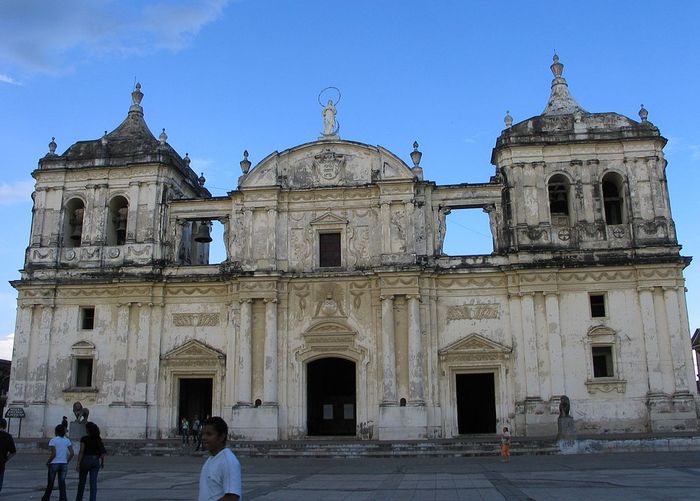Augustus, princeps—those are the most solemn titles of empire. The Latin voice here belongs to the grandee in charge of draining the swamps, who was rewarded with real estate from the reclaimed land. When passersby here, not far from Rome, read to themselves or aloud to their fellow travelers Theoderic’s name, and saw the titles with which he was graced, they felt at home in a flourishing Roman empire. Theoderic did not, as far as we know, put any such words on a document himself, certainly not one that would make its way to the court of Constantinople, but the author of these lines was not overstepping the bounds of flattery. In coldest prose, Theoderic was never emperor of the Romans, but in word, deed, habit, culture, and impact on his world, he was one of the very best of them and deserves praise—even when that praise is mitigated by recognition of his capacity for brutality and of the blunders that he made in his last years, which undermined his own accomplishments. And why shouldn’t it be so?—for the Roman imperial tradition itself was no stranger to blunder and brutality.
Theoderic at his peak, Theoderic at that moment in 519 when he thought he had it all arranged and could gaze on his son-in-law, the consul Eutharic, and his grandson Athalaric, and see the future of dynasty and empire, was no fool. If he believed, as I surmise he did, that the emperor would soon recognize him or Eutharic as legitimate emperor in the west, then everything else about his policies and career makes sense. His confidence may have been misplaced, but many other emperors, some of them equally happy with their offspring and prospects, were equally wrong bulgarian coast.
Unbroken continuation of Roman
The possibility that lay before him then was an unbroken continuation of Roman imperial civilization in its homeland. The bad days were over. There were, of course, dangers to be deterred—as there had always been—but order had returned. (Ironically, in his own failure to think beyond the borders, Theoderic became the most Roman of them all—the Roman world was enough for him.) Within the traditional domains of Rome, order and empire were reestablishing themselves.
The Vandals in Africa and the Visigoths in Spain held independent, geographically coherent, reasonable kingdoms, and administered them as well as at least some previous Roman emperors could claim to have done, though the growth of cities and building seems to have ended in much of Spain about the time the Visigoths arrived. The Franks in Gaul were at this moment the least defined players on this stage, but in the long run, as we will see, the most Roman. Theoderic died with Liberius in command in Gaul of his own province, very likely historically aware that the territory he held was not so unlike the original Roman provincia in southern Gaul (whence the name Provence today) that had sufficed until Julius Caesar’s ambitions drove him north to the Low Countries, the English Channel, and beyond.
There was work to be done—no question about that—but much had been done, and the west was in far better shape than at any time since the death of Stilicho over a century earlier.
By comparison, Constantinople was a wild card in Theoderic’s calculations. For most of his reign, Anastasius was at the helm. He was a sane, rational man, a man much like Theoderic—his military upbringing had started in the Balkans but took him early to Constantinople and the court; his own religious views were at the margins of what his society would accept, and he therefore had learned to navigate with skill shoals that others would not encounter. But in 519, Anastasius died at the great age of eighty-eight after a twenty-seven-year reign (people were already calling him elderly when he took the throne), and Justin, a very different kind of man, succeeded him. Another soldier from the Balkans, but one without polish or presence, Justin had none of Anastasius’s tact. If Roman civilization was at risk in the early 520s, the threat its leaders had most to watch was one that came from the capital city itself.
Christians and Christians
Many modern readers know at least something about barbarians and the fall of the Roman empire, but many more readers will know a fair amount about early Christianity. To such readers I must now say, Would you please leave everything you think you know about Christianity at the door? We really must start over Theoderic assures the Verrucans.
A Roman historian writing about the reign of Trajan or Marcus Aureius, 100 years or so after the lifetime of Jesus, will customarily dismiss the early Christians with a few paragraphs at most. Church historians can and will tell you much more, much of it grounded in hard evidence, about the fate of the Christian religions in that period, but those stories were played out well away from the narrative center of historical attention, in places where Jews and Christians, and their friends and neighbors, were sometimes not all that easy to distinguish from one another, and where not many of the rich and privileged people who wrote the books that survived even bothered to try to distinguish them.








